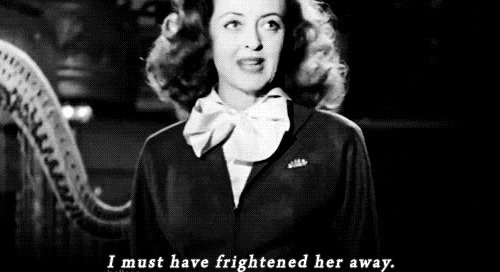I was listening to an interesting conversation with Sir Ben Wallace, the former Defence Secretary of the UK, on a podcast called One Decision. At the end of the episode, when asked about one decision he regretted and one he wished he could have made, he gave a very insightful response focused on the need for judgment.
Sir Ben said, and I like this perspective, that real decisions in life are ones where we don’t know the outcome. You can’t guarantee the outcome, it’s a big jump, he said. “You gather your judgment, you look at what you can, and you make a decision.”
Regular readers of this newsletter won’t be surprised that this is a response that very much resonates with my own views on how important decisions need to be made.
Like many people I have respect for, he said he doesn’t do regret – but is very aware of the importance of judgement. And, again, I am wholly with him on that.
Leaders need to be mindful of the impact of their judgments because there is no time or point in looking back with regret. We have to live with the decisions we made and act accordingly.
In last week’s paid subscribers-only post, I wrote about how uncertainty can help or hinder a leader’s job, and why it is important for leaders to make sure their teams are not under constant uncertainty. You can read the whole post if you become a paid subscriber, but here are a few snippets on the key points I made.
“In the world of business, when faced with an unreliable boss or business partner, those who have options will leave environments that force the extra stress that this kind of uncertainty brings.
One effective way for teams to weather uncertain times caused by external forces is to foster better intra-team cooperation based on trust, transparency and psychological safety. It is much easier to deal with whatever is thrown at you if you know there is a team behind you who have your back.
Bad bosses who blow hot and cold, keep you off balance, create uncertain environments for their teams, attack exactly the safety of the team that would otherwise help keep performance high. Inevitably, high performers with options will run from your team.
Prolonged uncertainty tips us off balance. You, me, all of us. Some of us can handle it better for longer, but it will eventually tire us out. There comes a point when people start making bad decisions.
It has also been shown that prolonged uncertainty softens us up. We become more accepting of things that would have been previously unacceptable or unthinkable even.“
How to Make the Tough Decisions Only You Can
It happens all the time in a growing business. You get so much feedback, you discover so many options, the product could have so many different functions, and the customers have so many different needs. But you are constrained financially, in time and resources, and you are still building up. Which




